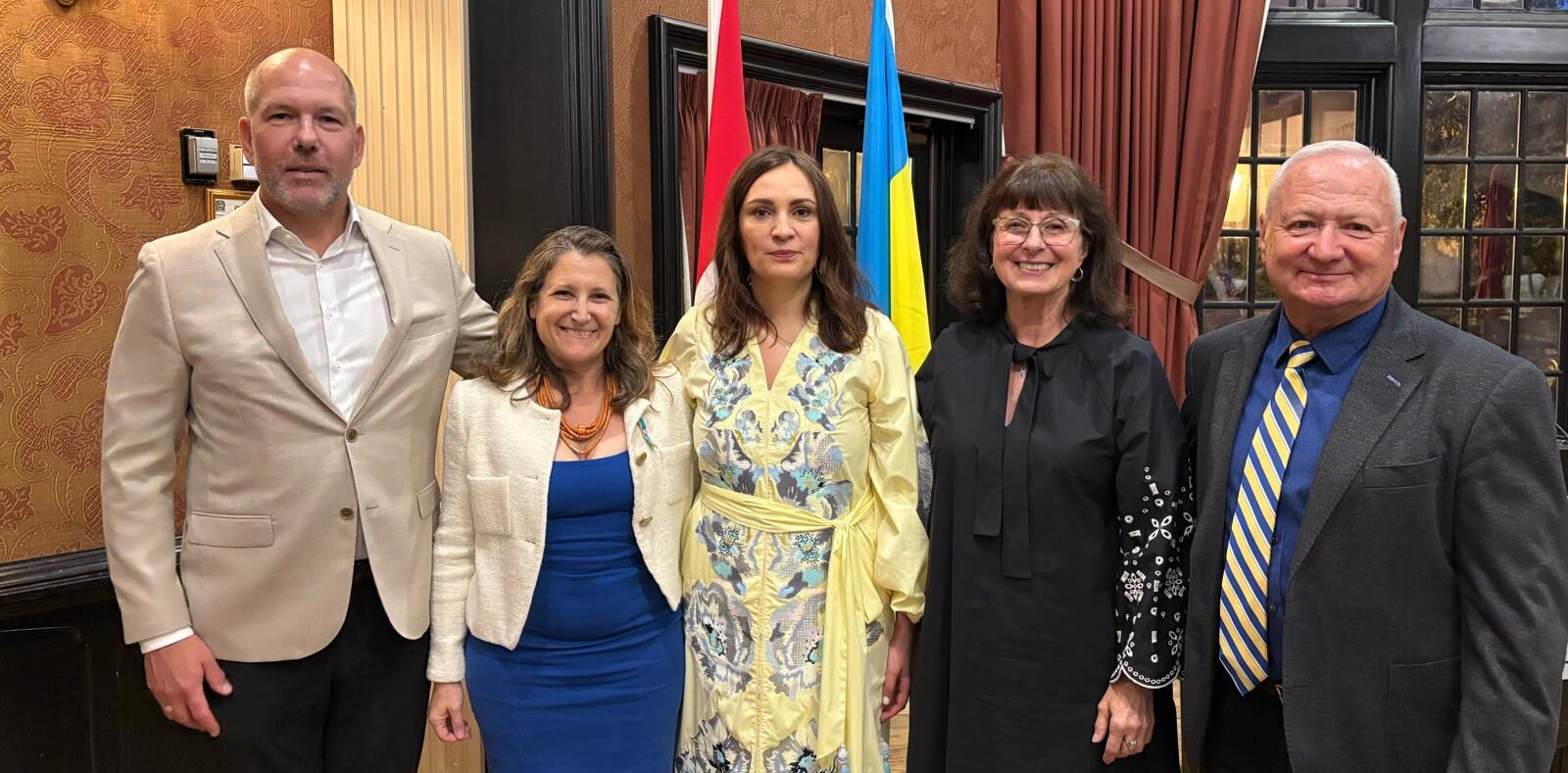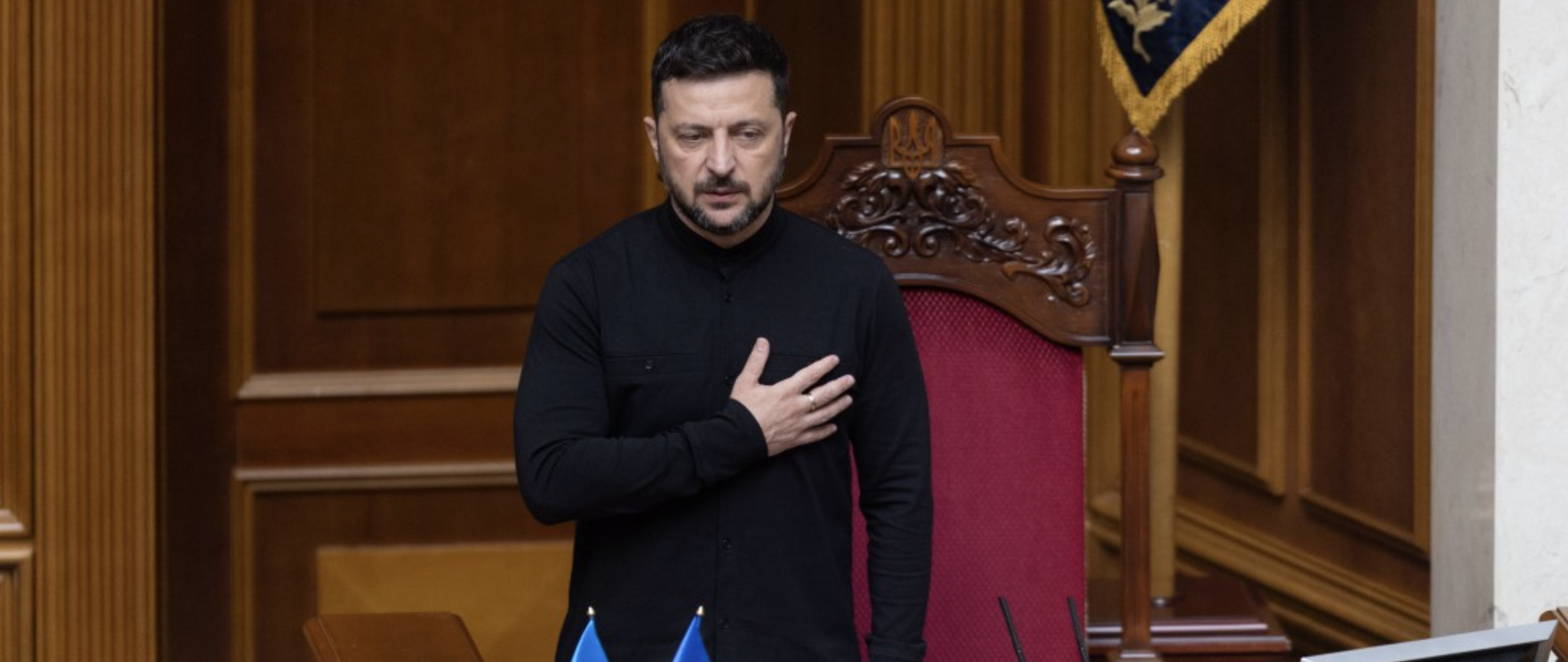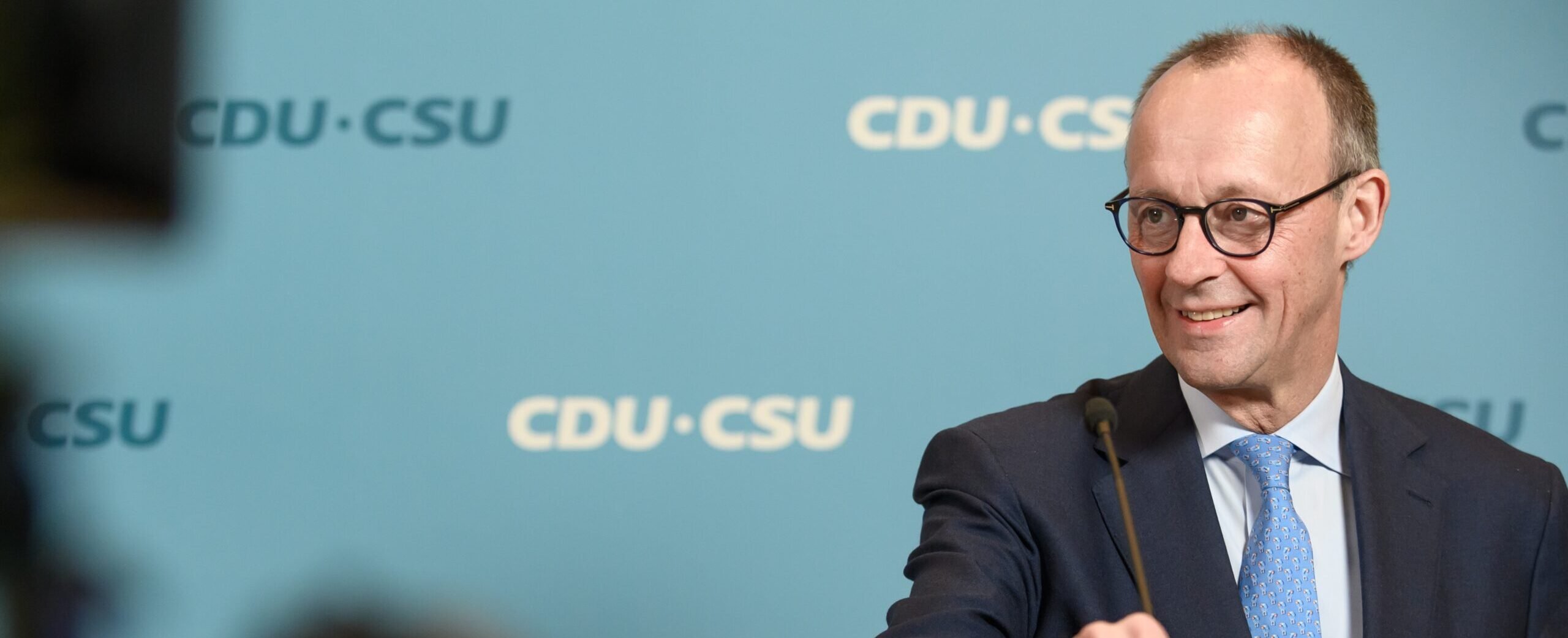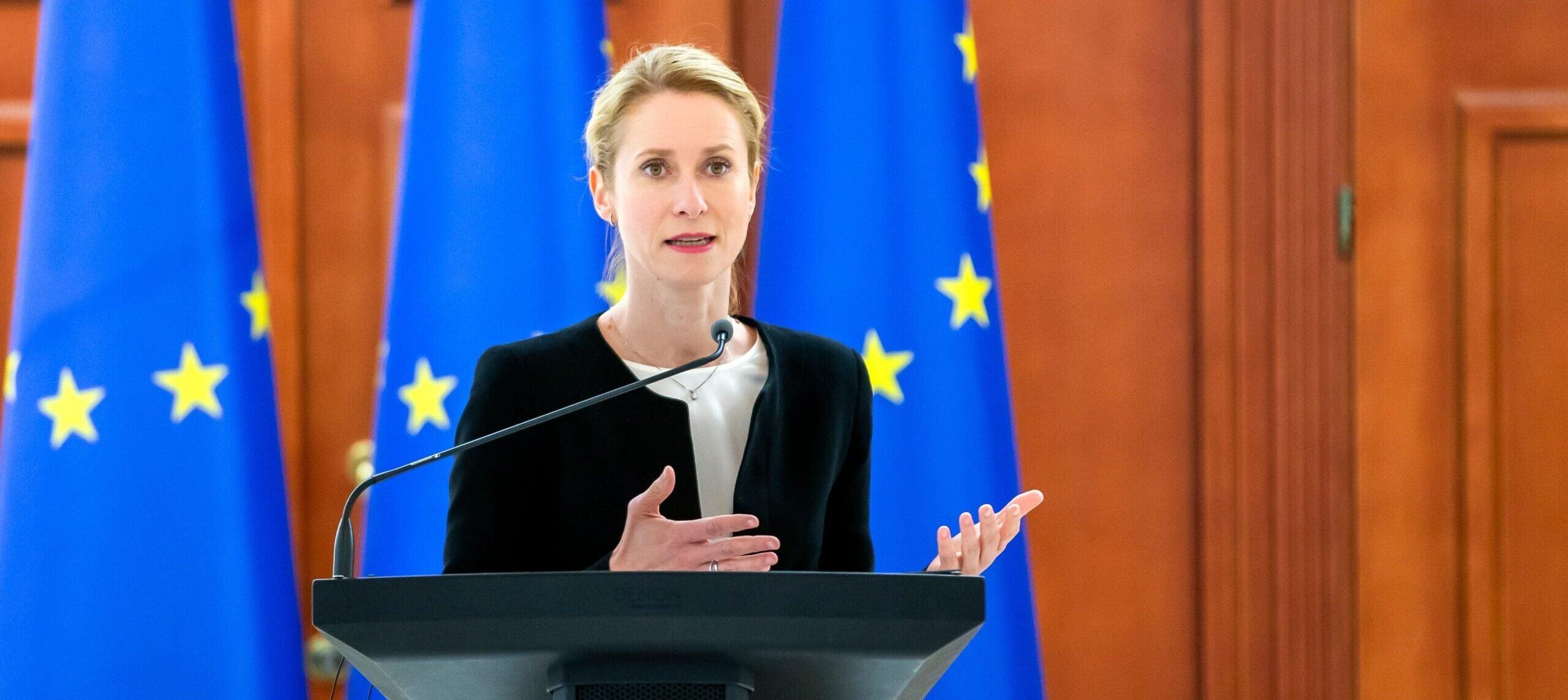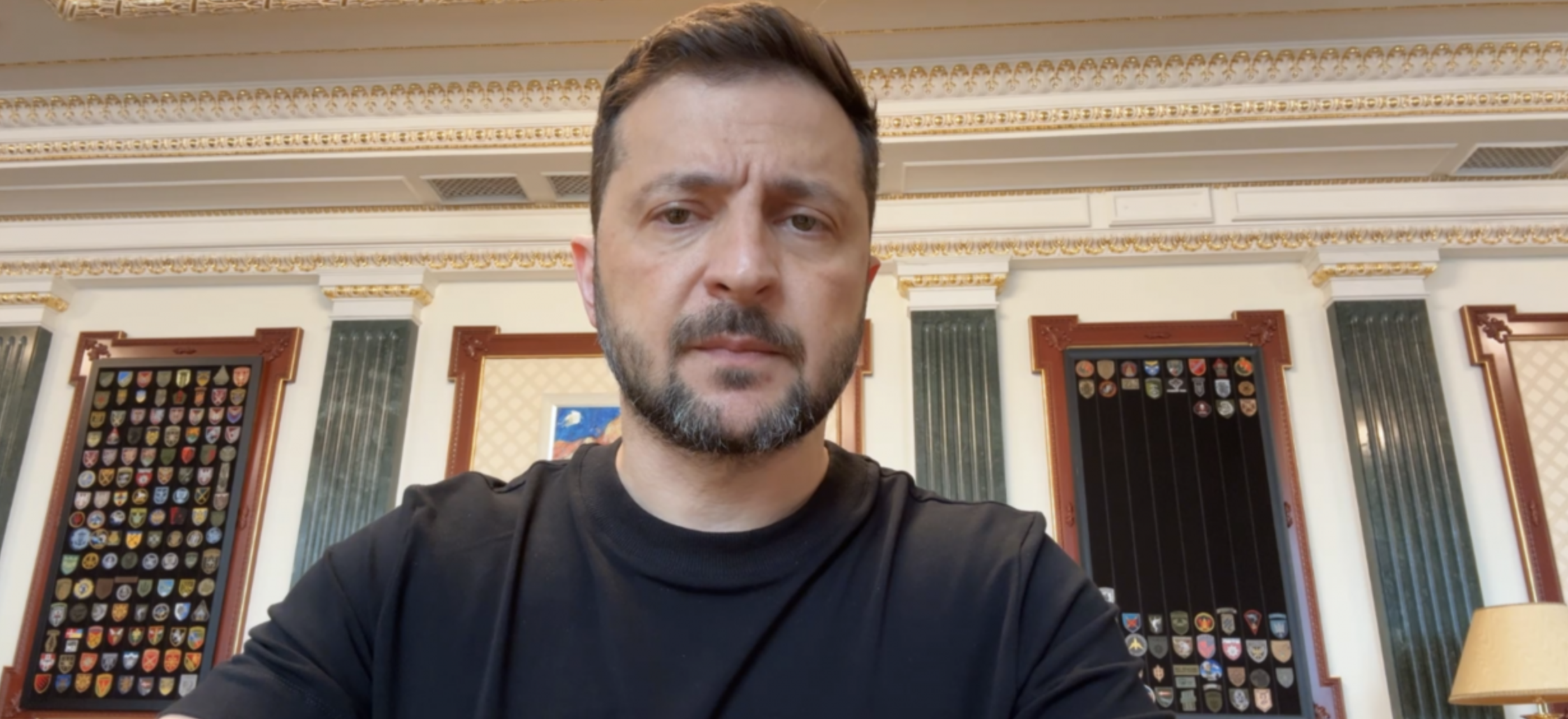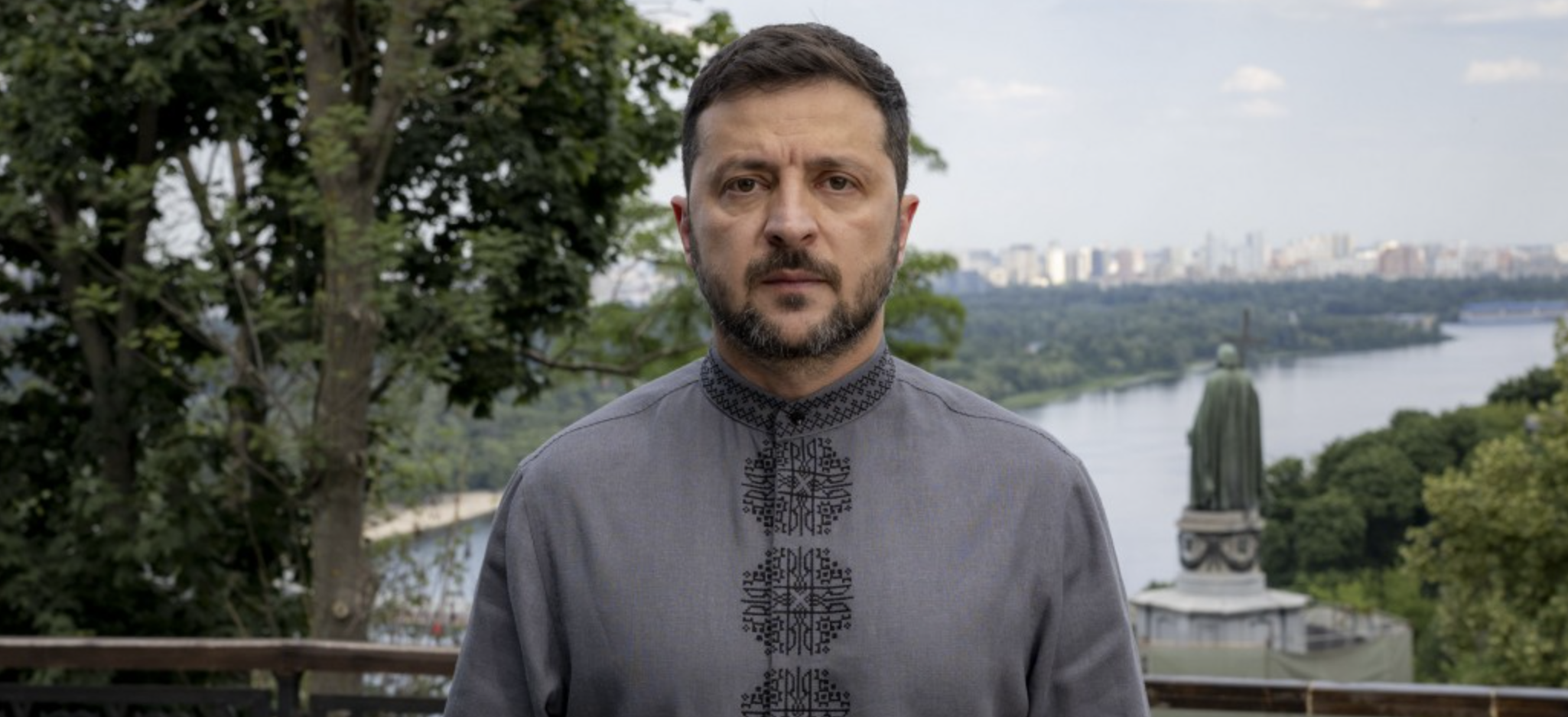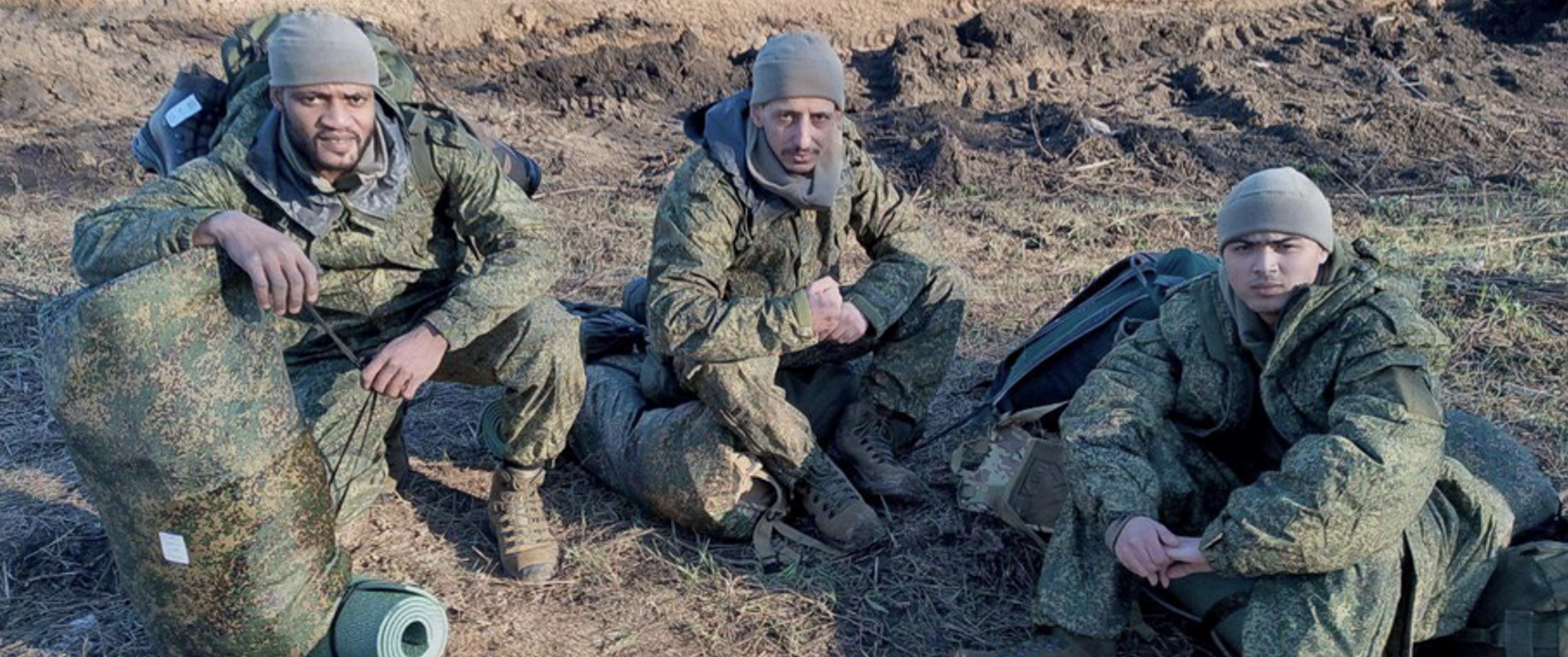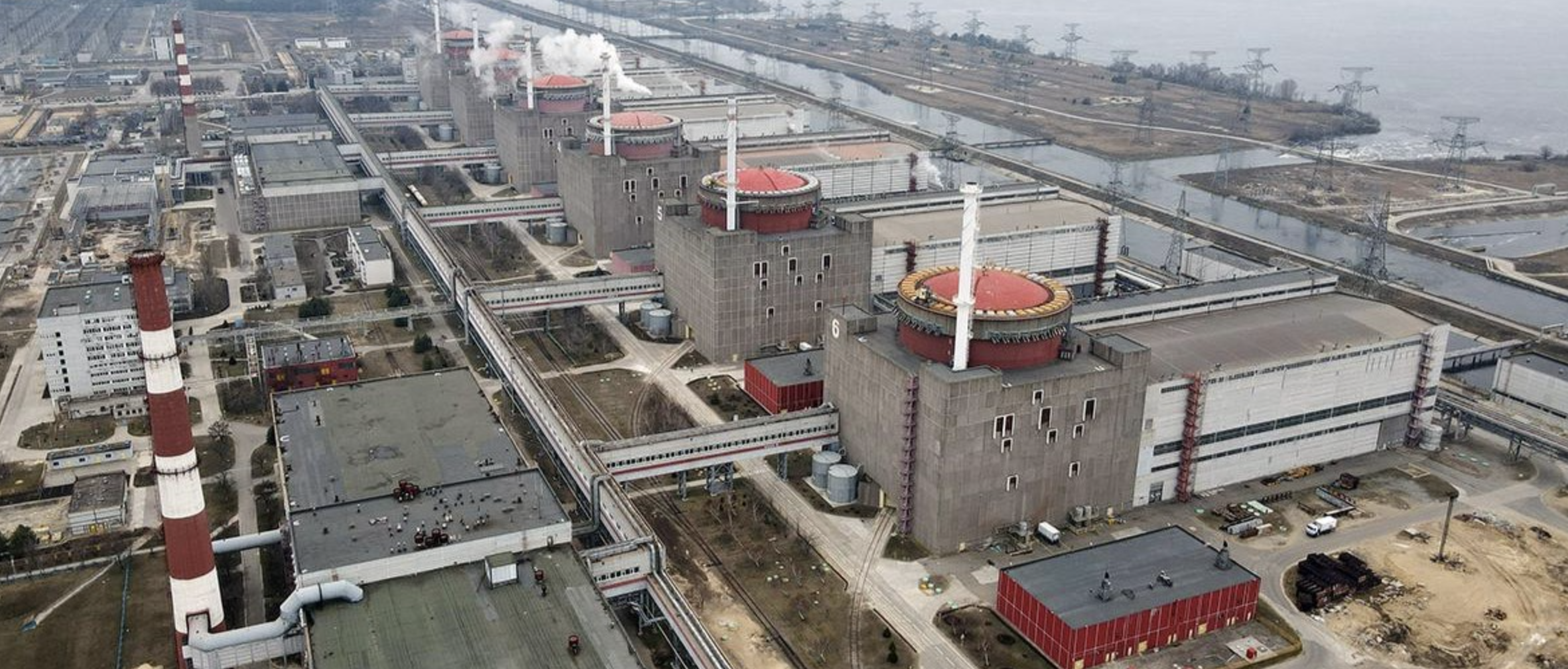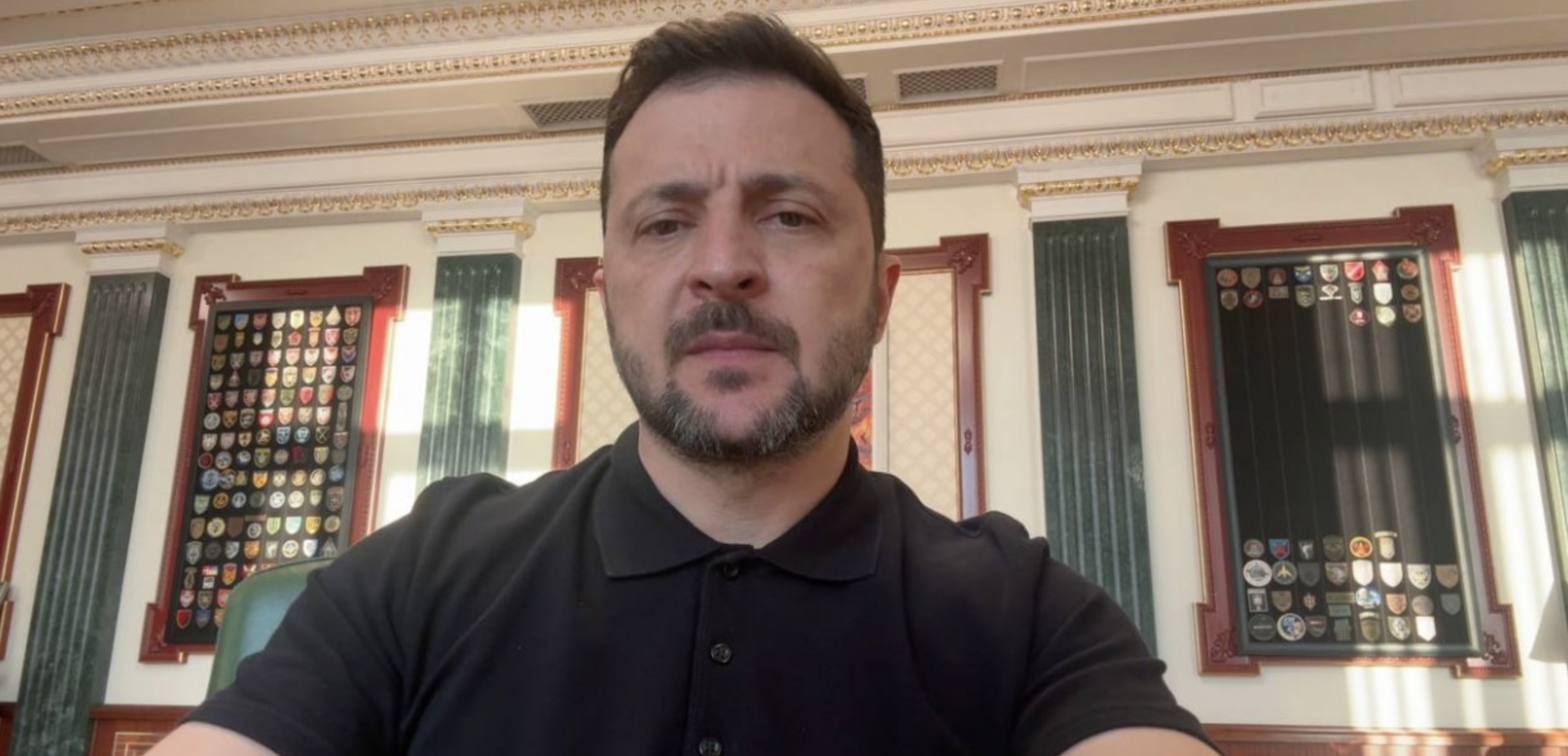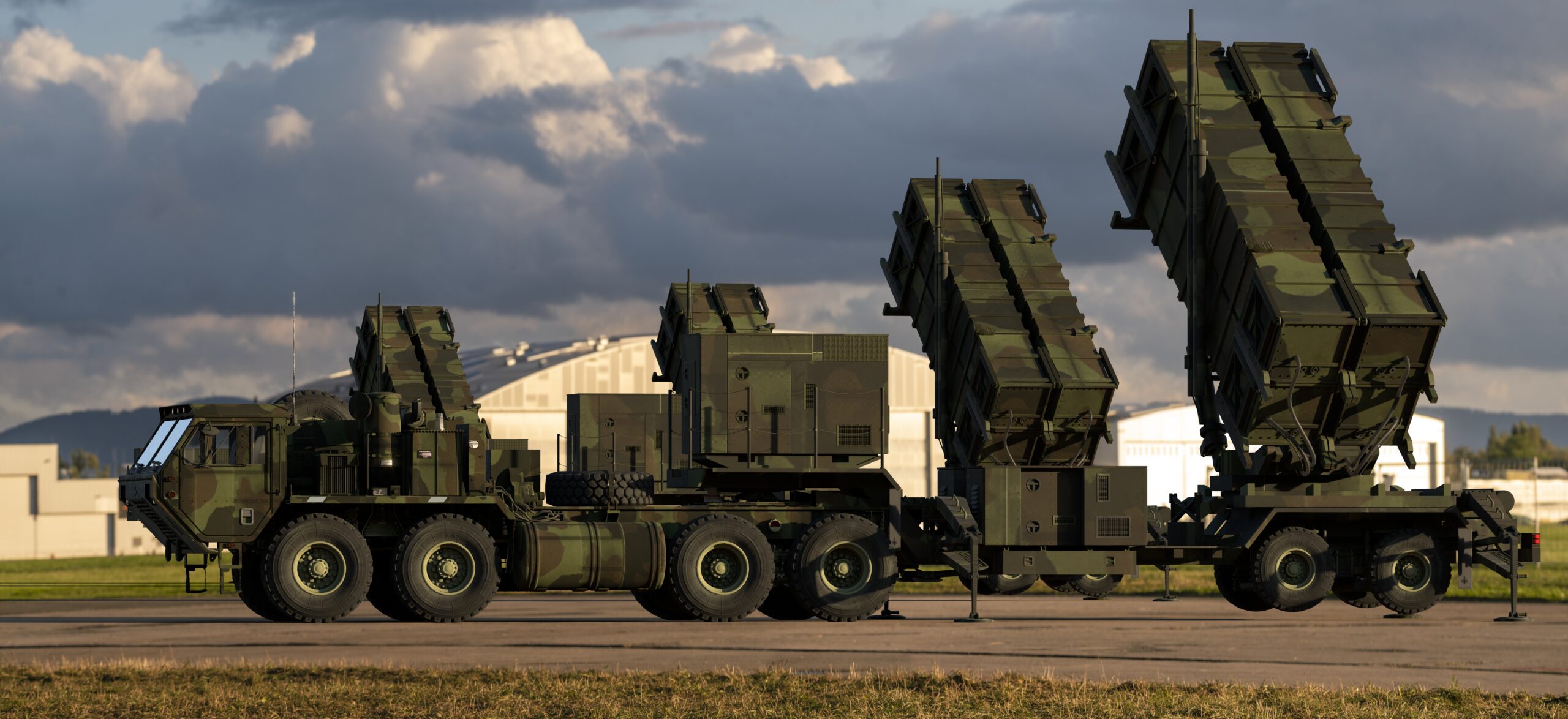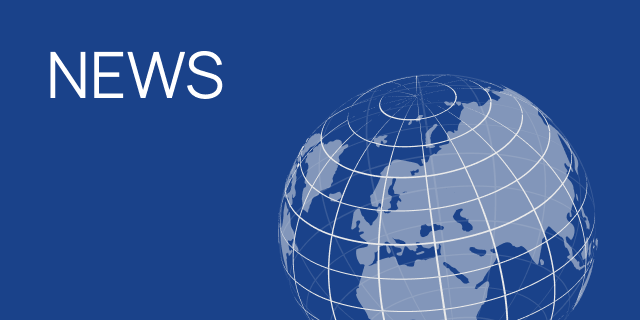

The 45th Anniversary Banquet
of the Ukrainian World Congress
November 17, 2012
St. Joseph’s Ukrainian Catholic Church and Heritage Centre
300 River Oaks Blvd. E., Oakville, Ontario.
In the Aftermath of the Elections
Where Do We Go from Here?
by
Derek Fraser
Chief Election Observer
Mr. Chairman,
Ladies and Gentleman,
As Chief Election Observer for the International Election Observer Mission of the Ukrainian World Congress, I am pleased to report back to you on the degree of fairness of the parliamentary elections, as well as to consider where the Ukrainian nation that has emerged from the elections is heading and what influence we may bring to bear to support Ukrainian sovereignty and a return to democracy.
I would like to thank the Ukrainian World Congress, together with the Canada Ukraine Foundation and the Ukrainian Canadian Congress, for having supported our Mission. Ours was the largest non-government supported Mission observing the elections in Ukraine. I believe it proved its usefulness by providing an independent viewpoint, unconstrained by any political considerations. I hope that the findings of the Mission will support the useful work the UWC is doing in presenting the views of the Ukrainian diaspora to governments concerned with Ukraine. I hope that the UWC will find it useful to support such Observer Missions for future Ukrainian elections.
Our Election Observer Mission began its work on July 12. When the Mission came under the jurisdiction of the Ukrainian World Congress on September 17. The President of the Ukrainian Canadian Congress, Paul Grod, and Tamara Olexy, Presidentof the Ukrainian Congress Committee of America, became co-heads of Mission, while I the chief Observer. We fielded between three and five long- term observers to analyze the election campaign. For a long period, however, there were only three of us. I would like to pay a special tribute to the contributions of Peter Sochan and our Ukrainian adviser, Virginia Dronova. For the elections themselves, we brought in 250 short-term observers from approximately 20 countries.
We found that the elections did not meet the minimum requirements for international standards for democratic elections. We noted that the election campaign was characterized by:
-
the imprisonment of two major leaders of the opposition, -
restricted media freedom, -
non-transparent and uncontrolled election expenditures, including the use of government finances and government officials, -
the gerrymandering of a significant number of electoral districts by the Central Electoral Commission, raising questions about the Commission’s independence and impartiality, -
the skewed membership of the Electoral Commissions at the constituency and polling station levels, leading to doubts about their ability to produce credible election results, -
the blatant bribery of voters, -
a growing number of incidents, often involving the authorities, of harassment, intimidation and, in some cases, violence, principally directed against the opposition.
On voting day, our observers reported several serious violations, such as duplicate ballot boxes, a great surplus of ballots at some polling stations, and a shortage at others. In past elections, surplus ballots have been used for fraudulent purposes.
After the elections, our observers continued to monitor the uncompleted counting of the ballots in several constituencies. They condemned the falsification of the election results in several District Electoral Commissions. They pointed out the substantial discrepancies between the official protocols of voting results prepared by the polling stations and the final tallies posted by the Central Electoral Commission. They called on the Central Electoral Commission to avoid formal recognition of illegitimate election results and Ukrainian authorities to respect the rule of law.
On November 5 in Kyiv, opposition leaders demanded that officials recount votes in 13 constituencies, where, according to the tally in the polling stations, the opposition had won, but which the Central Electoral Commission had proclaimed, were victories for the pro-government parties. The election authorities offered, subject to the approval of parliament, to rerun the vote in five of these constituencies.
In undertaking the role as Chief Observer of the Mission, I considered that one of the roles of international observer missions should be to exercise a restraining influence of the official conduct of the election campaign by drawing attention to abuses of the authorities.
To some extent, international pressure, allied with domestic opposition, did have some influence. Spurious criminal charges were dropped against the manager of the one remaining national independent television station TVI. A law on criminal libel was abandoned. In response to the complaint of a leading weekly, UkrainskyTizhden, that its distribution was being hampered following criticism of the government, the Prime Minister called on news agents to permit the free distribution of all publications. Parliament is likely to approve new elections in five ridings where the District Electoral Commissions sought to falsify results.
Although it is not certain, the vigour of Ukraine’s human rights organizations, the strength of the opposition, and international exposure, may have also had some influence in keeping the elections partially free. The reversion to authoritarianism could have gone further. The opposition, in part for reasons I will go into later, did at the end receive a more balanced coverage on television. In spite of hindrances, the opposition was able to run a vigorous campaign. The public will was, although imperfectly, expressed in the results.
It appears, however, that where President Yanukovych has made certain gestures towards domestic and international opinion, he only did so if these gestures would not detract seriously from his principal goal of remaining in power.
The considerable incentives that the international community did offer for conducting honest elections and releasing the two major political prisoners, Yuliya Tymoshenko and Yuriy Lutsenko, including support by the United States, the Association and Free Trade Agreement with the EU, and the Free Trade Agreement with Canada, while desirable, seem to have counted for less for President Yanukovych than the desire to obtain, in spite of growing discontent, a majority in parliament of at least 226, and if possible, the 300 necessary to amend the constitution, apparently so that he could be re-elected as President by parliament, instead of by the population, when his term is up in 2015.
In fact, the Party of Regions lost between 25–30 percent of its votes (2 million voters) compared to the elections of 2006 and 2007. According to the official figures for all but five of the seats, the Party of Regions won only 185 seats. The Party will, however, attempt to create a majority by absorbing its clones among the independent candidates, who took 43 seats, and the small parties, which got six. The Party of Regions will then likely use its usual tactics of bribe and blackmail to rob deputies from the opposition parties. The principal opposition party, Batkivschyna, got 101 seats, UDAR, received 40, and Svoboda, 37. The Party of Regions had hoped to have the Communists, who obtained 32 seats, as a coalition partner. They, however, have declined.
Whatever the success of these manoeuvres, the structure that emerges may be prone to splitting. It will certainly will likely fall short of the majority needed to change the constitution.
Yanukovych’s hold on power has a purpose. After the Russian revolution, when Lenin saw that no other country would succumb to communism, he adopted the policy of socialism within one country. President Yanukovych has stood Lenin’s policy on its head. He has adopted the policy of capitalism within one Family. He has set out to enrich his immediate Family, not only at a cost to the country, but also at the expense of his erstwhile oligarch allies. Formerly highly placed government officials have estimated to us that every year the Yanukovych Family is draining for its own purposes billions of dollars from government revenues. What is more, the Family is also trespassing on the wealth of Yanukpovych’s oligarch allies. The discontent that the Yanukovych Family’s greediness is arousing in the general population, and the ill will that it is generating among the oligarchs, suggest that this policy cannot be pursued successfully without increasing repression.
Among some of Yanukovych’s band of associates, several factors, possibly a fear of increased repression, certainly, a growing resentment at the grasp of the Family, concern that Ukraine may miss the boat with Europe, and possibly growing popular discontent, have in turn, the potential to lead them to break with the President, destabilizing Ukrainian politics. In the recent parliamentary elections, certain oligarchs appear to have sought to encourage a hung parliament in order to force the Yanukovych administration to compromise with the opposition so as to weaken his control and lead to economic reforms and other policies acceptable to the West. The financing they have provided to opposition parties may have gone beyond their traditional support for technical or fictitious parties, a tactic originally designed to divide the opposition vote. In addition, in the latter weeks of the campaign, some of the oligarch television stations started to give a more balanced coverage to the various parties.
These gestures of independence by some of the oligarchs, combined with other signs of tension within Yanukovych’s erstwhile circle of allies, have given rise to the suspicion among Yanukovych’s former partners that Yanukovych may be tempted to do a deal with the Russians by agreeing to join the Russian dominated Eurasian Customs Union in return for Russian help in re-establishing control over his associates.
Yanukovych would, however, according to one report, only contemplate a sellout to Russia if he had lost all hope of receiving backing from the West, and especially from the United States.
There is considerable evidence that the relationship between Yanukovych and Putin is highly acrimonious. Yanukovych would likely only consider a surrender to Putin as a remedy of last resort.
In return, we see some signs that some in the EU are considering how the EU could regain influence with the Yanukovych administration to as to persuade the President to carry out genuine reforms. They wish to get out of the blind ally in which the EU finds itself, in which no progress can be made on the Association and Free Trade Agreement without the release of the political prisoners and free elections. Because of these conditions, the EU now has effectively few levers over Yanukovych.
The UWC might therefore encourage the EU to show flexibility in its policy towards Ukraine
Andrew Wilson, a Senior Policy fellow at the European Council on Foreign Relations, has suggested looking for possibilities to split off from the Association Agreement areas in which progress can be made and to go forward on bilateral co-operation by member states.
As a counterweight to agreeing to move ahead in some fields, Wilson has proposed that the EU countries should refuse to provide visas to supporters of the Family suspected of criminal activities or human rights violations, and should investigate for malfeasance companies closely associated with the Family.
When we consider the outcome of the elections, and the apparent aims of the President, what lessons should we draw for Canadian and US policy toward Ukraine?
We must avoid the tendency to give up on Ukraine. It is important that both countries should continue to be involved in Ukraine in supporting Ukrainian independence, in promoting democratic and economic reforms where possible, and in strengthening the civil society. We should maintain an active aid policy. Furthermore, Canada might co-ordinate with the EU its policy on concluding the Free Trade Agreement with Ukraine. The proposed Canada- Ukraine Free Trade Agreement, as one member of Yanukovych’s team remarked, does not count for much by itself. In our opinion, in co-ordination with the EU’s policy it however does matter.
As a means of exerting pressure for good behaviour on the Yanukovych regime, in the absence of many other levers, the West might also consider the idea of targeted sanctions against certain members of President Yanukovych’s entourage. Our impression in Ukraine was that the possibility of targeted sanctions of any sort has, more than any other measure, got supporters and members of the Yanukovych clan spooked. This fear may account in part for the increased willingness of certain oligarchs to reconsider their relationship with Yanukovych.
Canada might consider refusing visas to supporters of the Family suspected of criminal activities or human rights violations. Canada should however, co-ordinate such a policy with its allies. Otherwise, it would be open to retaliation. The United States has formally ruled out targeted sanctions against Ukraine at this stage. The United States is, however, refusing visas to Ukrainians suspected of gross criminal activities, The British have refused a visa to a person suspected of human rights violations. Canada could also keep, in conjunction with its allies, a close eye on the practices of companies belonging to members of the family.
If the political situation in Ukraine continues on its downward course, the West should not wait until it is too late before taking action. The United States did impose targeted sanctions on certain Ukrainians after the second round of the election of 2004, the round that precipitated the Orange revolution. The parliamentary elections of 2012 approach the elections of 2004 in dirtiness.
Above all, we must be prepared to be in Ukraine for the long haul. Until now, our policy toward Ukraine has been buttressed by the often unspoken assumption that we would help lead Ukraine by easy stages to becoming a stable democratic country with a prosperous market economy. In making this assumption we may have underestimated the difficulties created for Ukraine by its difficult history. Unlike the countries in Eastern Central Europe that became independent at the same time, Ukraine had, at the moment of independence, only been obliquely affected by the evolution of the Western culture from authoritarianism to pluralism. Ukraine had little tradition of the backbone of democracy, which is the separation of powers. The country had had no previous experience as an independent state or, since the First World War, as a market economy. It had few of the government structures needed to run a state.
There are very few European counties that have smoothly made the transition from dictatorship to democracy. Most making the journey before the advent of the EU, have fallen back at least once. Ukraine has not had the benefit of an offer of EU membership, an offer that has eased the way to democracy for so many other counties in eastern Central Europe and the Balkans.
In contrast, Ukraine has faced frequent Russian interference in its internal affairs and is now under pressure to join not only the Eurasian Customs Union, but also the Collective Security Treaty Organization (CSTO). These structures would give Russia strong voice over the economies, the finances, and the defence of the other members, and accord Russia the right to intervene militarily to keep the other states in line.
An independent Ukraine free from Russian domination remains important for both stability in Europe and the possibility of the West eventually reaching an understanding with Russia. The relationship between Russia and Ukraine is likely to remain difficult for the foreseeable future. Relations between successor states often remain unsettled for a long period of time. Furthermore, the Russian imperial tradition conceives of Ukraine as being a part of Russia.
Should Russia succeed in re-establishing its hegemony over Ukraine, it could prolong the instability of the area, prevent the spread of democracy, divide Europe, and, by offending our consciences, make it difficult for the West to achieve reconciliation with Russia.
In view of these factors, the West should remain engaged in the area. Canada especially should stay involved in Ukraine, if it wishes to contribute to stability in Eastern Europe, and to help overcome the division of the continent.
